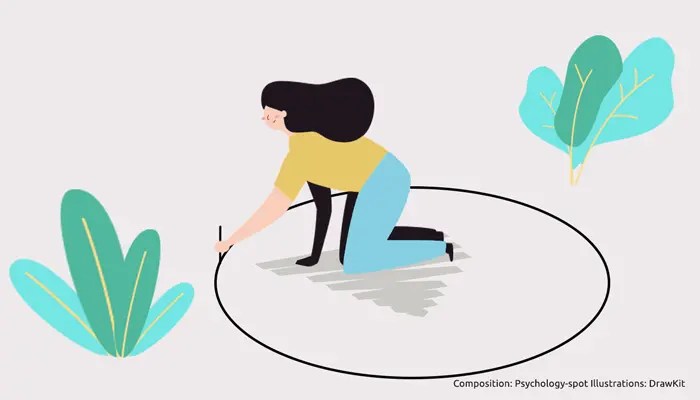
Rules
Laws
Canons
Prohibitions
It seems that the more we advance as a society, the more we feel the need to legislate. Set limits. Raise fences. Make the rules clear. And, if possible, make the punishments even clearer for those who dare to violate them. The Spanish Civil Code, for example, has a whopping 1976 articles, and the Penal Code has more than 600.
The problem is that the more it is regulated from outside, the less it is from within. The more we have to look at society to know what we can or cannot do, the less we will develop a moral of our own that starts from good sense and empathy.
As Albert Camus warned, “I have seen people behave badly with great morality and I note every day that integrity has no need of rules […] Where lucidity reigns, a scale of values becomes unnecessary”. Camus does not accept the existence of absolute values that can govern his life, but neither does he deny the scale of social values nor does he intend to destroy it to raise an altar to nihilism. He proposes a “philosophy of the limit” that is worth delving into.
Absolute freedom leads to repression
“You are always free at the expense of someone else”, said Caligula. Sometimes, while exercising our freedom, we cross personal boundaries to interfere with the freedom of others and restrict it. That is why Camus does not propose the search for absolute freedom that can degenerate into debauchery and chaos, but advocates a sense of justice and order based on individual conscience.
“Rebellion is in no way a demand for total freedom […] It precisely discusses the unlimited power that authorizes a superior to violate the prohibited border.”
“Absolute freedom is the right for the strongest to dominate. Thus, it maintains the conflicts that benefit injustice. Absolute justice passes through the suppression of all contradictions: it destroys freedom. The revolution for justice, for freedom, ends up pitting them against each other”.
Camus was convinced that adopting the “anything goes” mentality and advocating absolute freedom would actually have the opposite effect because the strongest would end up overwhelming and dominating the weakest. The absolute freedom of some would considerably limit the freedom of others. Therefore, the search for that unlimited freedom would actually end up becoming – sooner – a repression of freedom.
What to do then?
Measure, conscience and empathy
“Man is always prey to his truths. Once he has admitted them, he cannot free himself from them”, Camus wrote. When we become aware of something, when we make it our own, we are linked to it.
That is why Camus suggested an exercise of introspection. He believed that values cannot be imposed, but are a personal decision that passes through an act of conscience through which we really identify with them, so that they govern our behavior regardless of any external norm or law. Then, and only then, do we become self-determined people.
Measure and empathy would be, on the other hand, the balancers of the scale of individual freedom. They are the essential counterweight that assures us that, in the exercise of our freedom, we will not go beyond the limits of the other.
Freedom would be found, therefore, by applying good sense and being able to put ourselves in the place of the other. “Measure is not the opposite of rebellion. It is rebellion that is the measure, the one that orders it, defends it and creates it anew through history and its disorders.
“It can be said, then, that rebellion, when it leads to destruction, is illogical. Claiming the unity of the human condition, it is the force of life, not of death. Its deep logic is not that of destruction; it is that of creation”.
Freedom, therefore, is not simply asking ourselves what we want and going for it, whatever the cost. Freedom is asking ourselves what we want and how we can achieve it while respecting the others. When each person works from common sense and empathy, rules are not necessary.
A society full of rules is a society of infantilized people who are not responsible for their behaviors and lack self-determination, so they need external rules to regulate their relationships.
Instead, we could create a true system of coexistence and freedom for all. But to achieve this it is necessary for each person to be fully aware of their scale of values, the chosen values that not only guarantee them to live according to their standards, but also guarantee respect for the freedom of the others.
It would be enough to follow the golden rule of ethics: “do not do to others what you do not want them to do to you.”
Sources:
Camus, A. (2012) El mito de Sísifo. Alianza Editorial: Madrid.
Cejudo, E. (2003) Albert Camus y la filosofía del límite. Éndoxa: Series Filosóficas; 17: 277-296.



